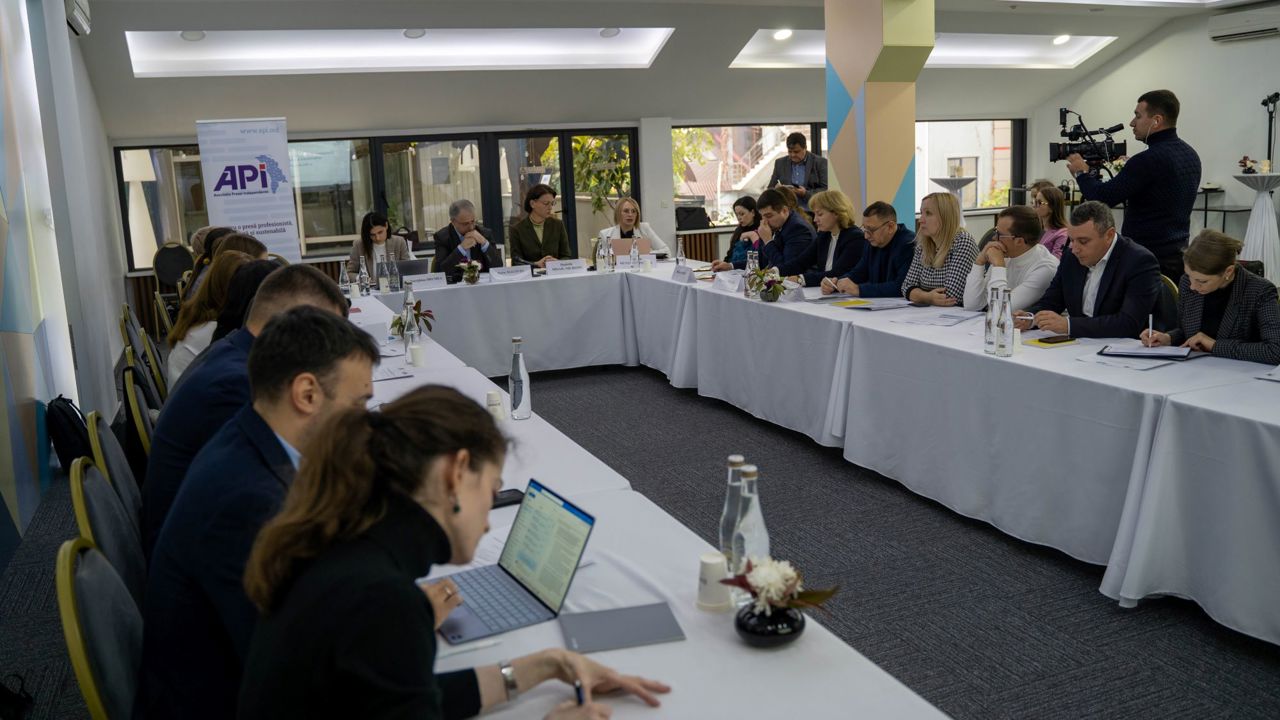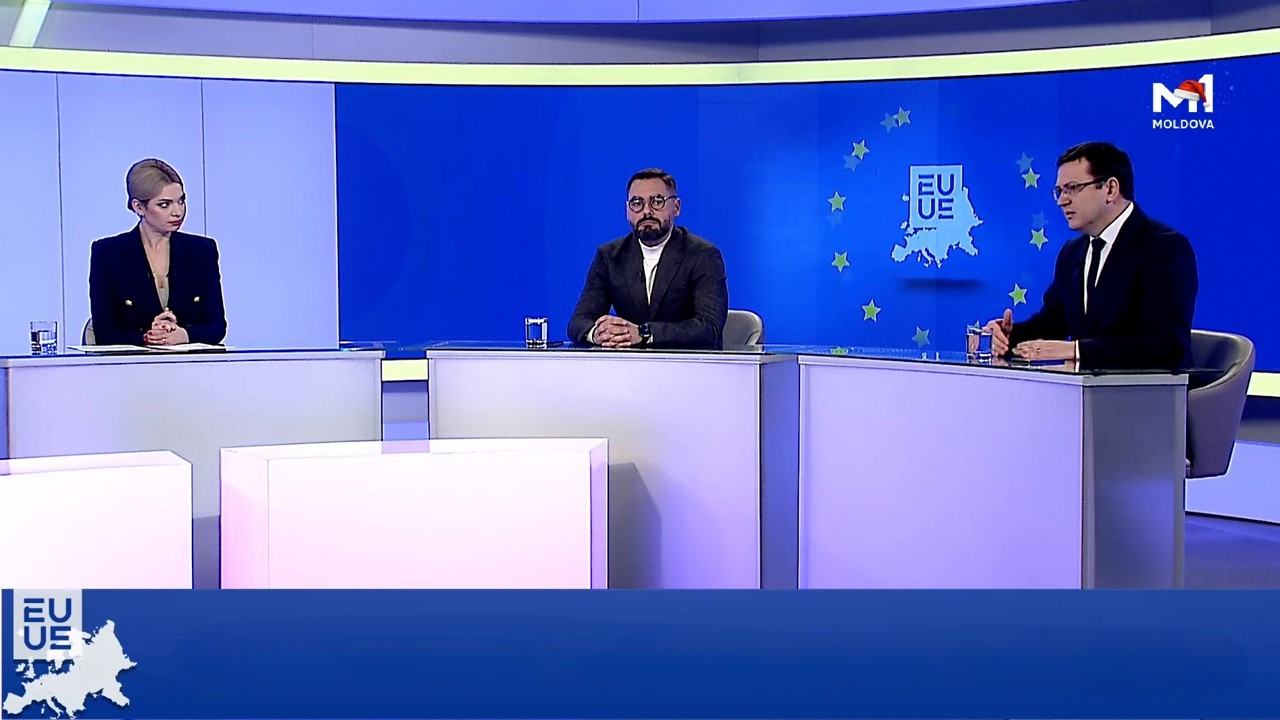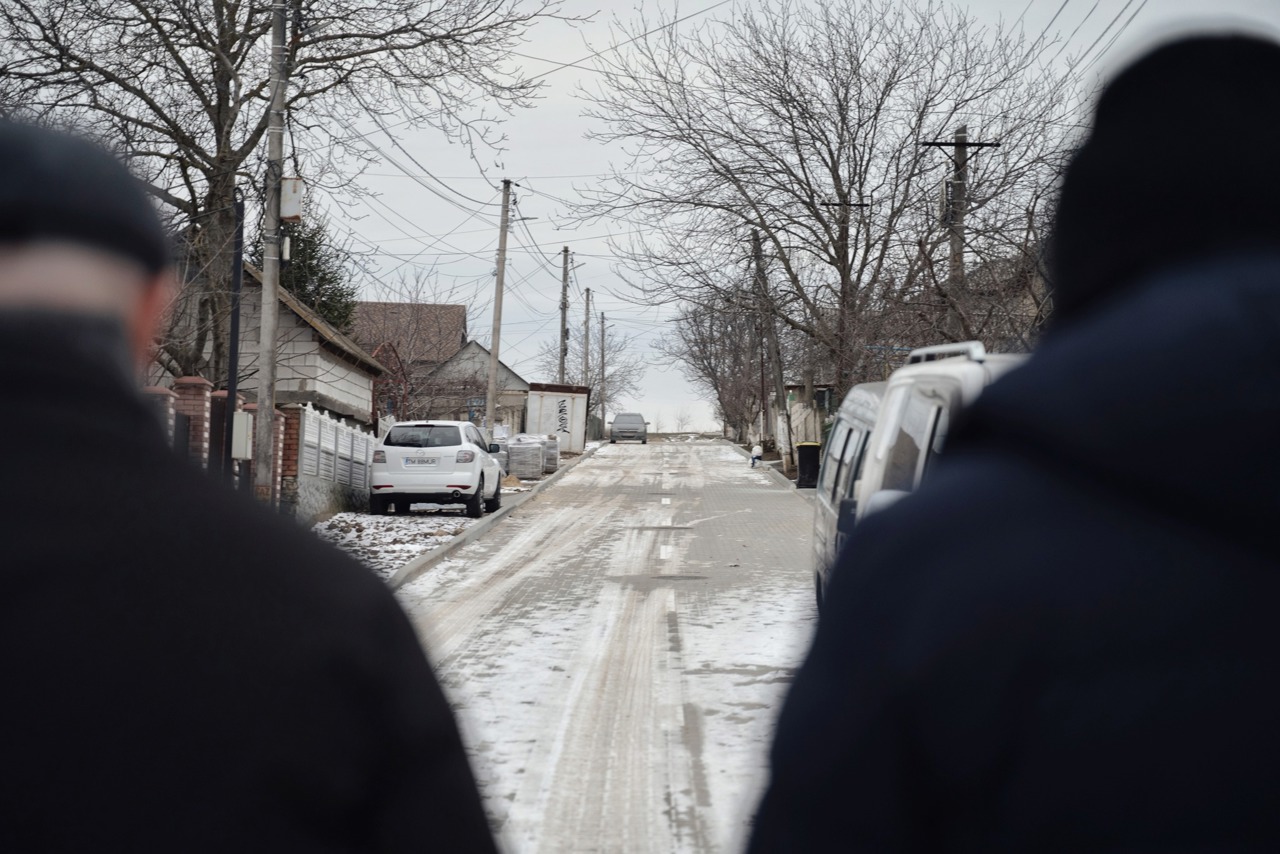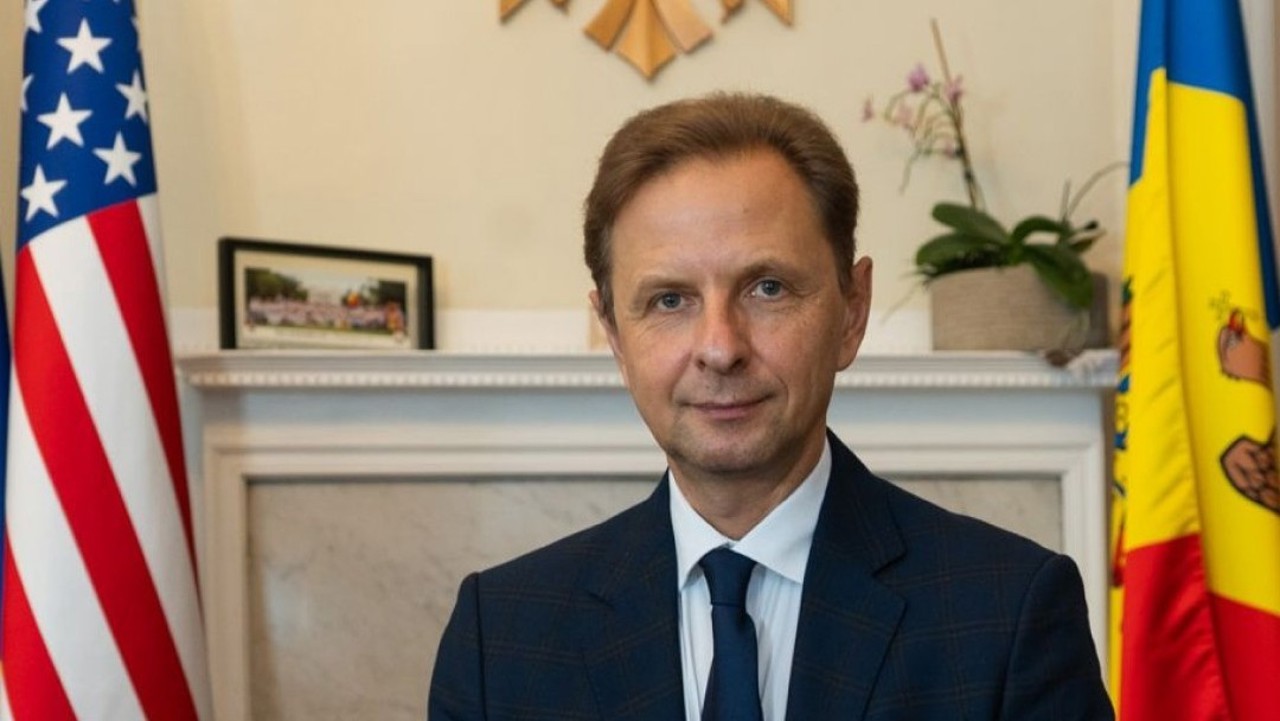Legal gaps hinder Moldova’s fight against hate speech
Experts in human rights have highlighted shortcomings in Moldova's legislation aimed at combating discrimination and hate speech.

These gaps, they argue, hinder the identification and punishment of hate speech and hate crimes. While some specialists advocate for legislative adjustments, others believe that such interventions are premature and prioritise increased public awareness and education. These issues were debated at a roundtable organised by the Independent Press Association, bringing together representatives from NGOs, the Parliament, and law enforcement agencies.
Although a legal framework for combating hate speech was adopted in 2022, certain provisions remain ambiguous. The lack of clear definitions in the legislation makes it difficult for law enforcement agencies to document cases and impose sanctions, hindering efforts to reduce this phenomenon, explained Gheorghina Drumea, Secretary of the Coalition for Inclusion and Non-Discrimination. According to her, hate speech is intentionally used not only in election campaigns but is increasingly present in the domestic arena with the aim of dividing society.
"These changes are necessary because hate speech has multiple components, including speech that justifies, propagates, and incites discrimination or hatred. The legislation only regulates incitement, meaning speech that justifies or promotes hatred or discrimination against a group will not be sanctioned because it is not covered by the law. The existence of different terms such as incitement to discrimination and incitement to hatred creates inconsistencies in application, as professionals who must enforce the law are confused. If the term 'hate speech' is not included in the Code of Offences, a sanction cannot be applied by referring to another Code. Each code that applies sanctions must work with its own terminology," said Gheorghina Drumea.
On the other hand, Irina Corobcenco, a hate speech analyst at the Promo-LEX Association, believes it is too early to amend and unify the legal framework. She also noted that it took more than a year and a half to train law enforcement officers, and only after this training can we expect to see results.
"At Promo-LEX, together with our colleagues from the General Police Inspectorate, we worked for a year on a practical guide to help them apply the contravention norms regarding hate speech and incitement to discrimination. It then took another six months for the police to incorporate this guide into an internal instruction. Only now are these IGP trainers beginning to train their colleagues from other inspectorates. The evaluation of the application of this legislation must take into account all aspects, including the understanding and perception of the police, and the understanding of the norm. It needs to be a process of several years that is well-monitored and well-evaluated, and at the end, we need to draw the line and understand exactly whether the problem lies in the way the norm is formulated in the Code of Offences or the Criminal Code, or if the problem is actually in the application and understanding of this norm," specified Irina Corobcenco.
In the current specific context, Irina Corobcenco sees the need to continue informing and sensitising the public on how to identify hate speech and report it. "In practice, we know where to channel our information and awareness-raising efforts, so that people, when they become the target of hate speech or witness a case of hate speech, have the courage to go to the Police Inspectorate with a complaint, being sure that they will be provided with legal and psychological support, if necessary, and that justice will be done."
In the first nine months of this year, 16 hate crimes and 24 offences were recorded, detailed by the State Secretary of the Ministry of Internal Affairs, Daniela Misail-Nichitin. She also noted that we can have a tolerant and democratic society not only through punitive and sanctioning methods but also by increasing the population's level of tolerance for diversity.
"We understand how important and necessary it is for the Stefan cel Mare Academy to revise the curriculum so that, on the platform of continuous professional training, we have a module dedicated to these topics to prepare the necessary skills for all law enforcement officers. Now, we are talking about a limited number of police employees who have gone through this training. And last but not least, I want to mention the possibility of discussing and considering the prospect of increasing sanctions," said Daniela Misail-Nichitin.
MP Angela Munteanu-Pojoga also acknowledges some shortcomings in the legal framework and assures that the Parliament is open to discussions to complete and improve it.
"In discussions with civil society, the Equality Council, and the Ombudsman, I have understood that the draft law that was voted on in the Parliament of the Republic of Moldova regarding hate speech is a good project, but it is not complete, it is not fully operational. And I am here to understand where we can improve this project so that it can ultimately be implemented, because in the recent election campaign, Promo-LEX has again talked about many cases of hate speech," said the parliamentarian.
This material was produced as part of the United Against Hate Crimes Campaign, carried out by the Independent Press Association (API) in partnership with a group of NGOs in the fields of human rights and justice, with the support of Millennium Partners.
#UnitedAgainstHateCrimes #MillenniumPartners
Author: Cristina Prisacari
Translation by Iurie Tataru



